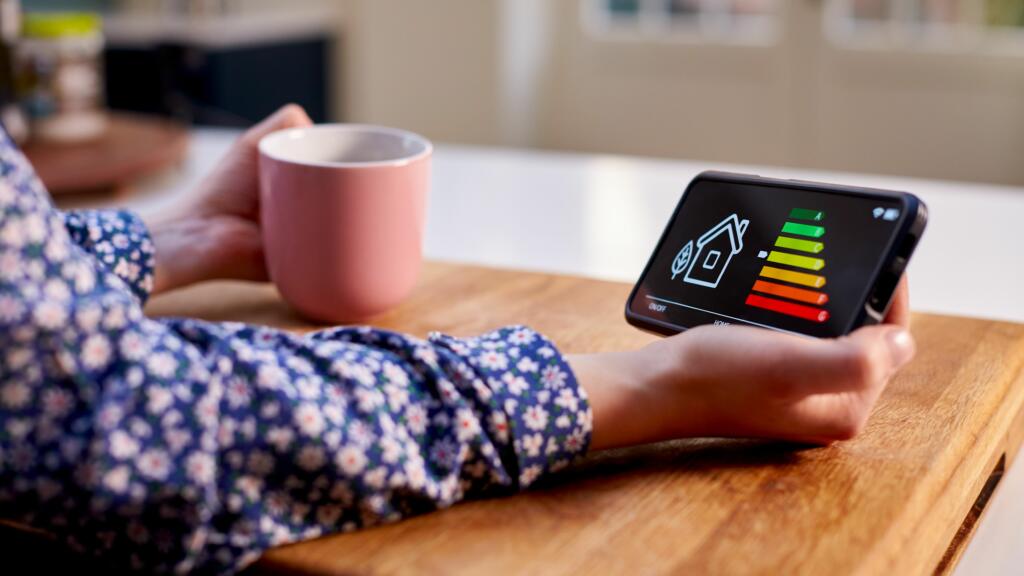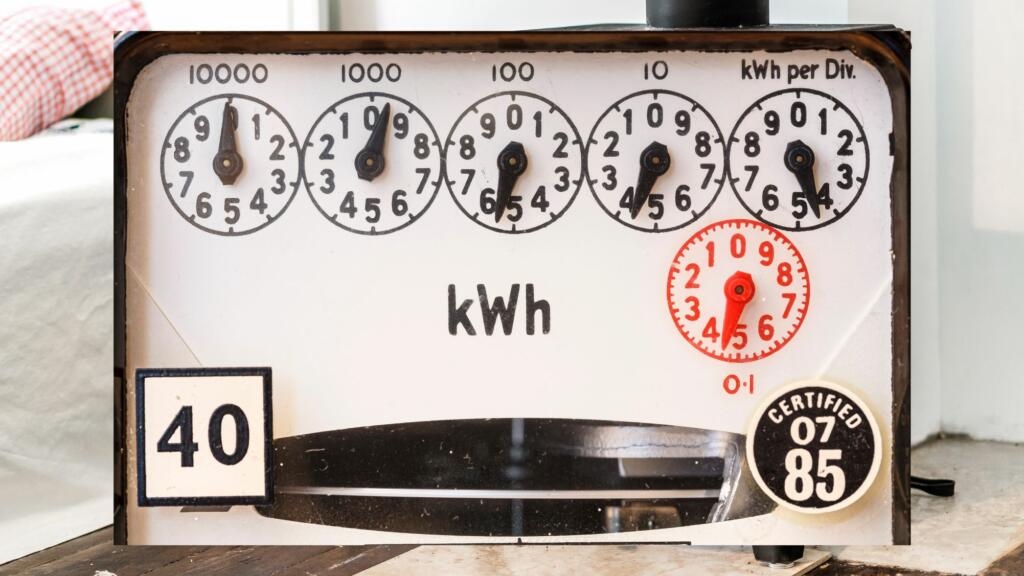
Smart meters: Everything you need to know
Camilla Sharman
We investigate whether smart meters are compulsory
You’ve probably heard lots in the news about smart meters, and if you don’t already have one fitted, you could be worrying about whether you will have to have one in the future. We help answer the question, do I have to have a smart meter, or can I say no?
Smart meters are the new generation of gas and electricity meters replacing traditional meters. Instead of reading the meter yourself or waiting for a gas engineer to arrive, smart meters record the energy you use and send the data directly to your energy supplier. It means you can forget about estimated bills, which may not reflect your actual usage, and instead rely on accurate billing.
You’ve probably heard lots in the news about smart meters, and if you don’t already have one fitted, you could be worrying about whether you will have to have one in the future. We help answer the question, do I have to have a smart meter, or can I say no?
Smart meters are the new generation of gas and electricity meters replacing traditional meters. Instead of reading the meter yourself or waiting for a gas engineer to arrive, smart meters record the energy you use and send the data directly to your energy supplier. It means you can forget about estimated bills, which may not reflect your actual usage, and instead rely on accurate billing.
 Credit: Shutterstock/Nick Beer
Credit: Shutterstock/Nick BeerAccording to Smart Energy GB, a not-for-profit promoting the benefits of smart meters in Great Britain, the programme has now reached its halfway mark. More than 55% of energy meters are now smart, with 31.3 million smart meters installed in homes and small businesses across Great Britain.
If you haven’t heard from your energy supplier about receiving a smart meter, they will contact you when you can get one, although you can request one directly through Smart Energy GB.
Smart meters are being introduced across England, Scotland and Wales. The Government’s rollout programme aims to ensure all households have a smart meter installed by 2025. But they are not compulsory.
In fact, you can refuse one. If your supplier is insisting on fitting one, we advise contacting Citizens Advice’s consumer helpline for support.
If you refuse a smart meter and then change your mind, you can accept one later. Ofgem warns: “Choosing not to have a smart meter fitted might mean you have a limited choice of energy tariffs. Some smart tariffs could be cheaper.”
According to Northern Ireland Electricity Networks, which is the owner of the electricity transmission and distribution networks across the region, The Department for the Economy (DfE) has no plans at present to install smart meters in Northern Ireland.
There are two main circumstances when a smart meter must be fitted. Ofgem states: “Unless there is a good reason not to, suppliers must install a smart meter if they are replacing a meter, or installing a meter for the first time, such as in a new property.”
So if you find your current meter needs replacing, a smart meter may be the only option, as the production of old-style meters is decreasing and your supplier might not have any in stock. And if you are moving into a new property, you won’t get a choice, as a smart meter will be fitted as standard.
 Credit: Shutterstock/photographyfirm
Credit: Shutterstock/photographyfirmA smart meter can give you more control over your energy, helping you save energy and money on your bill. With an accompanying in-home display, the smart meter monitor allows you to see how much energy you are using in real time. For instance, when you turn on an energy-hungry appliance, such as a vacuum cleaner or shower, you’ll see the peak in energy use and can counter this by reducing the amount of time you spend using the appliance.
Although an in-home display has advantages, you don’t have to use it. And in some instances, not using it takes away the smart meter anxiety of seeing how much energy you are using.
Smart Energy GB explains another advantage: “Smart meters send automatic readings to your supplier, so you no longer have to venture into a dark cupboard with a torch or have meter readers visit your home.”
Change can be unsettling, whether getting used to a different routine or becoming comfortable with new technology. However, the rollout of smart meters has a benefit for all. “Smart meters will enable greener and more flexible energy use and will help us build a more reliable and affordable energy system,” Smart Energy GB adds.
 Credit: Shutterstock/panumas nikhomkhai
Credit: Shutterstock/panumas nikhomkhaiAll suppliers will be required to offer you a smart meter at some point during the rollout programme mentioned above. Your supplier can also replace your meter if it is considered a safety hazard or is no longer functioning correctly. Although you can ask for an old-style meter, they may not have any available (see above). If your meter is still working, there is currently no indication that you’ll have to get a smart meter – although we don’t know what could change in future. Energy suppliers are allowed to offer cheaper tariffs to people on smart meters, so you could lose out financially by not having one.
We will keep you up-to-date with any changes the Government makes on its installation targets for the future.
If your old-style energy meter needs replacing and your supplier can’t get hold of another old-style one, there is an alternative solution, but check with your supplier to see if it’s possible. Citizens Advice states: “You can ask your supplier to install your smart meter with the extra functionality switched off. This means it’ll work in the same way as your current meter and won’t send any information to your supplier.”

Written by Camilla Sharman she/her
Published: Updated:
With her 30 years of experience, Camilla Sharman has covered a wide range of sectors within the business and consumer industries both as a feature, content, and freelance writer. As a business journalist, Camilla has researched articles for many different sectors from the jewellery industry to finance and tech, charities, and the arts. Whatever she’s covered, she enjoys delving deep and learning the ins and out of different topics, then conveying her research within engaging content that informs the reader.

Camilla Sharman

Camilla Sharman

Camilla Sharman

Camilla Sharman